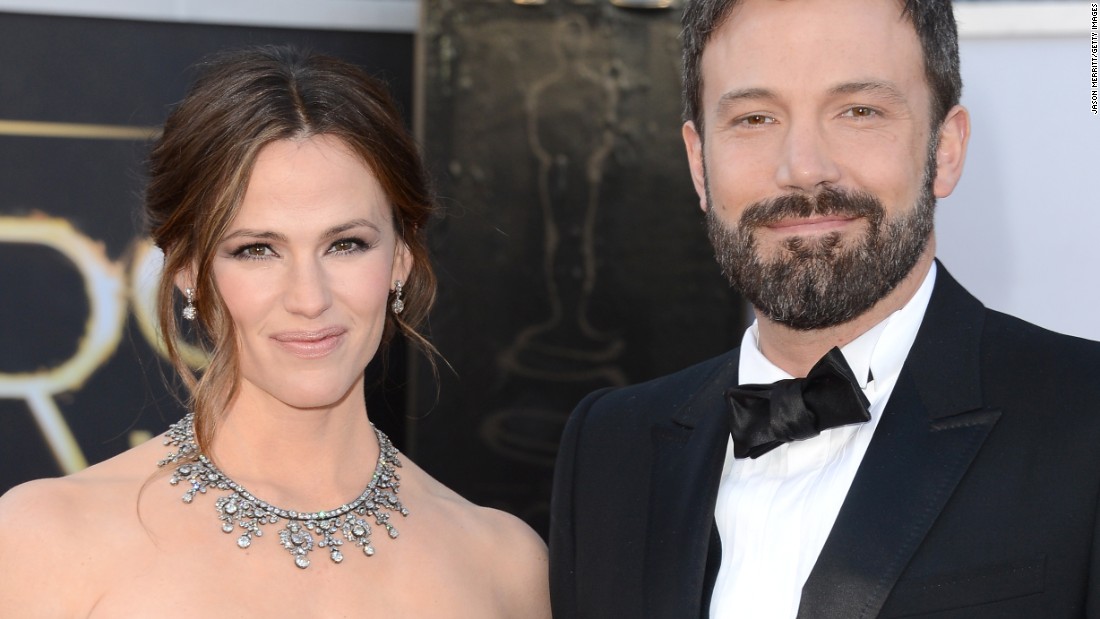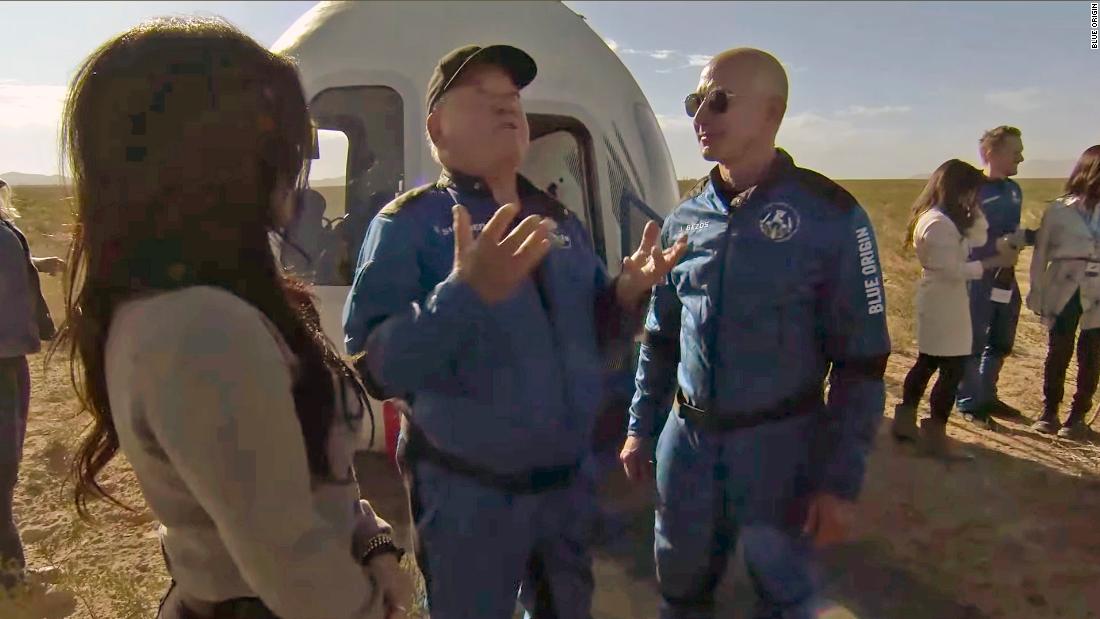Notes and Lyrics Unveiling the Poetry of Music
Music and poetry have long been intertwined, creating a powerful synergy that touches our souls and stirs our emotions. The fusion of notes and lyrics has the ability to transport us to different realms, evoking a myriad of feelings and thoughts. In this article, we will explore the intricate relationship between music and poetry, delving into the profound impact that lyrics have on our lives and society as a whole.
The Connection Between Music and Poetry
Music and poetry share a common thread of artistic expression. Both mediums rely on the use of language, rhythm, and imagery to convey messages and evoke emotions. While music primarily utilizes melodies and harmonies, poetry harnesses the power of words and their arrangement to create vivid imagery and evoke deep emotions. When these two art forms merge, they create a captivating experience that transcends traditional boundaries.
Exploring the Power of Lyrics
Captivating Emotions through Words
Lyrics have the extraordinary ability to capture the nuances of human emotions. They can express love, heartbreak, joy, sorrow, and everything in between. The carefully crafted words in a song can resonate with listeners on a personal level, making them feel understood and connected. Whether it's the raw vulnerability of a ballad or the exuberance of an upbeat anthem, lyrics have the power to move us in profound ways.
Telling Stories and Conveying Messages
One of the remarkable aspects of lyrics is their storytelling nature. Songs can be vessels for narratives, allowing songwriters to communicate complex ideas and stories in a concise and impactful manner. From songs that recount historical events to those that shed light on personal experiences, lyrics have the ability to transport us to different worlds and perspectives.
Creating Imagery and Metaphors
Lyrics are also a powerful tool for creating vivid imagery and employing metaphors. Through carefully chosen words and poetic devices, songwriters can paint pictures in the listener's mind and evoke a wide range of emotions. Metaphors, in particular, enable songwriters to convey abstract concepts and emotions by drawing parallels with tangible objects or experiences, further enhancing the depth and richness of the lyrical experience.
Music as a Form of Self-Expression
The Art of Songwriting
Songwriting is a deeply personal and introspective process. It allows musicians to express their innermost thoughts, feelings, and experiences. Through lyrics, songwriters can share their unique perspectives with the world, creating a sense of connection and relatability. The act of writing and composing music becomes a form of self-discovery and a means of communication that transcends barriers.
Music as Catharsis
Music and lyrics provide a cathartic release for both the artist and the listener. They can be a source of comfort during difficult times, offering solace and understanding. Many individuals turn to music as a form of therapy, finding solace in lyrics that mirror their own struggles and provide a sense of hope. The power of music to heal and uplift cannot be overstated.
The Impact of Music and Lyrics on Society
Influencing Culture and Social Movements
Throughout history, music and lyrics have played a pivotal role in shaping culture and driving social change. From protest songs that rallied against injustice to anthems that celebrated freedom and equality, music has been a catalyst for societal transformation. Lyrics have the power to inspire collective action, ignite movements, and challenge the status quo.
Empowering and Inspiring Individuals
On an individual level, music and lyrics have the power to inspire, empower, and uplift. They can instill a sense of motivation and resilience, encouraging individuals to overcome obstacles and pursue their dreams. Lyrics that resonate with personal experiences can serve as a guiding light, offering reassurance and encouragement during challenging times.
The Evolution of Songwriting and Lyricism
Historical Perspectives
Songwriting and lyricism have evolved over time, reflecting the changing societal norms, technological advancements, and cultural influences of each era. From the poetic verses of ancient civilizations to the structured ballads of the Renaissance, songwriting techniques have evolved to adapt to the ever-changing artistic landscape.
Modern Trends and Innovations
In the modern era, songwriting has become more diverse and experimental. Artists incorporate various styles, genres, and influences to create unique and boundary-pushing compositions. The advent of technology has also revolutionized the music industry, providing artists with new tools and platforms to create, produce, and distribute their music.
The Interplay of Music, Lyrics, and Melody
The interplay between music, lyrics, and melody is a delicate dance that defines the soul of a song. The melody sets the emotional tone, while the lyrics infuse the music with meaning and depth. When harmoniously intertwined, these elements create a profound and unforgettable musical experience that resonates with listeners long after the song ends.
The Role of Music and Lyrics in Different Genres
Music and lyrics take on different forms and serve various purposes across genres. Let's explore how they shape and define some of the most popular music genres:
Pop Music
Pop music often features catchy melodies and relatable lyrics that appeal to a broad audience. It emphasizes storytelling and emotional connections through concise and memorable lyrics.
Rock Music
Rock music is known for its powerful and passionate lyrics, often exploring themes of rebellion, love, and social commentary. It blends raw energy with poetic expressions.
Hip-Hop and Rap
Hip-hop and rap are driven by intricate wordplay and lyrical prowess. These genres use lyrics as a primary means of storytelling, addressing social issues, and expressing personal narratives.
Country Music
Country music often tells stories of love, heartbreak, and rural life. It incorporates vivid and relatable lyrics that paint pictures of everyday experiences.
Classical Music
Classical music relies on instrumental compositions rather than lyrics. However, it can convey emotions and tell stories through its melodies and orchestration.
Folk Music
Folk music is deeply rooted in storytelling and traditions. Its lyrics often depict historical events, cultural heritage, and personal reflections.
Electronic Music
Electronic music utilizes repetitive melodies and sparse lyrics to create atmospheric and immersive sonic experiences.
Jazz and Blues
Jazz and blues music feature expressive lyrics that delve into themes of love, heartache, and personal struggles. They often showcase improvisation and soulful performances.
Rhythm and Blues (R&B)
R&B music combines elements of soul, funk, and pop. It emphasizes smooth melodies and lyrics that explore love, relationships, and self-expression.
The Future of Music and Lyrics
Technological Advancements
Advancements in technology continue to shape the landscape of music and lyrics. Artificial intelligence and machine learning algorithms are being employed to aid in songwriting, suggesting lyrics, and creating innovative musical compositions.
Changing Trends and Audience Preferences
As society evolves, so do the trends and preferences in music and lyrics. Artists adapt to shifting cultural landscapes, incorporating new sounds, and experimenting with different lyrical styles to resonate with the changing audience.
Music and lyrics have the remarkable ability to touch our hearts, stimulate our minds, and unite us in shared experiences. They transcend language barriers, cultural differences, and personal boundaries. The interplay between music and poetry is a testament to the power of human creativity and expression. As we continue to explore the infinite possibilities of musical composition and lyrical storytelling, we unlock new dimensions of emotions and connections.







 English (US) ·
English (US) ·